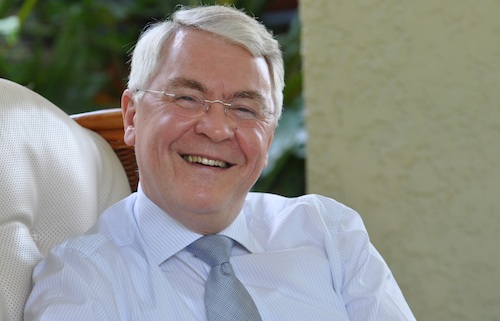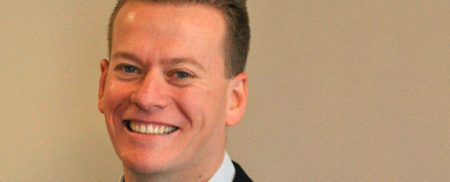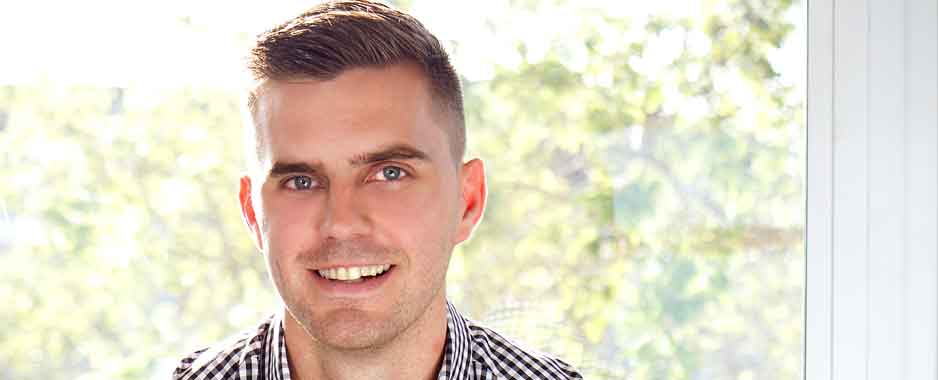Briefly, about 12 years ago, Jan Baan was a billionaire, at least on paper. He’d built his company, Baan Co, into one of the biggest business software suppliers in the world and, in the mid-1990s, had taken the company public on the Nasdaq stock exchange.
By 1998, amid the hype around technology stocks, Baan Co was being compared to the leaders in the relatively new field of enterprise resource planning (ERP) systems, software designed to help run companies more efficiently. The company was being touted by analysts as the next Oracle and even the next SAP. Oracle and SAP were (and still are) the leaders in ERP software.
Jan Baan, a devout Christian who had been brought up in the conservative traditions of the Dutch Reformed Church, had made the big time. In early 1998, Baan Co had a market capitalisation of US$10bn.
But that’s when it all started to come undone. Amid accusations of poor management, insider trading and even financial chicanery, the fairytale quickly came apart at the seams. In two years, the share price plunged more than 95% from its peak.
According to an article in the 14 August 2000 edition of BusinessWeek, Baan Co collapsed when Baan and his lieutenants — his brother, Paul, was intimately involved in the business — were “unable to weather a market downturn and exploit the opportunities he [Jan Baan] foresaw”.
 The magazine said the downfall of Baan Co — the company was eventually scooped up for a relatively paltry $700m by the UK’s Invensys — carried important lessons for other companies in how not to do things.
The magazine said the downfall of Baan Co — the company was eventually scooped up for a relatively paltry $700m by the UK’s Invensys — carried important lessons for other companies in how not to do things.
Baan has since published a book on his life and the events at Baan Co. Called The Way to Market Leadership, the book, which is peppered liberally with verses from the Bible, is his detailed explanation of what brought about Baan Co’s downfall.
Ultimately, the rise and fall of Baan Co is the story of a business that grew too quickly and which lacked the checks and balances to stop that explosive growth from destroying it.
Now Baan, who long ago picked up the pieces of his company’s collapse, is back to have another go of it. Like Baan Co, his new company, Cordys (pronounced cord-iss), develops software that helps businesses operate more efficiently. This time, though, it’s developed from the ground up to allow companies to take advantage of the power of the Internet.
Baan, who was in SA last week to sign an agreement with JSE-listed software company UCS, wants Cordys to do for business management software what Google has done for online applications such as e-mail and word processing.
He thinks the Internet is going to change the way companies operate and wants Cordys to be at the forefront of that change.
And he reckons Baan Co’s historic rivals, SAP and Oracle, aren’t yet fully prepared for the transformation that is coming.
Born in 1946 in a middle-class Dutch family of eight children, Baan has always been deeply religious. Sundays are dedicated to church and family, so much so that be abhors even driving a car on the Sabbath.
But he admits he enjoys making money, too. He says the two concepts are not mutually exclusive. “Having money is a problem, but making it is a pleasure,” he says.
“I never built my business to be greedy. Money is only good for your ego — it’s negative for everything else.”
Baan and his equally religious brother Paul have long been involved in charitable work, funding education projects in Asia, Africa and Latin America.
Baan says he has actively sought to “protect” his family from the negative effects of wealth. This is one of the reasons he started the charitable foundation. Like Microsoft co-founder Bill Gates, Baan wants to give away most of the money he’s made to worthy causes.
“Your quality of life is even better if you give away 90% of your money,” he says.
Baan’s foundation, which is investing about 5m euros a year at present, owns most of his shares in Cordys. He says he’s structured the shareholding in such a way that he can never benefit personally from this investment.
His wife and children run the foundation and work with professionals to determine where best the money is spent. In total, the foundation has invested about 50m euros in education and other projects in developing countries.
But Baan, 63, says he still has much to offer as an entrepreneur and would rather be known, at least for now, more as a businessman than a philanthropist.
He says Cordys can play a big role in transforming the software industry and changing the way people work.
Will he list the company, like he did Baan Co? He won’t provide a direct answer, but says the “biggest mistake of my life was going public with Baan”.
He says he erred in focusing too much on Baan’s shareholders instead of the company’s customers and employees and, if he were to list Cordys, his priorities would be very different.
Ultimately, Baan says it is religion that has kept him going through the difficult times. He says God and family come before everything else. “For me, there is only one key element in life: it must be to the honour of the Lord.” — Duncan McLeod, TechCentral
- Subscribe to our free daily newsletter
- Follow us on Twitter or on Facebook





